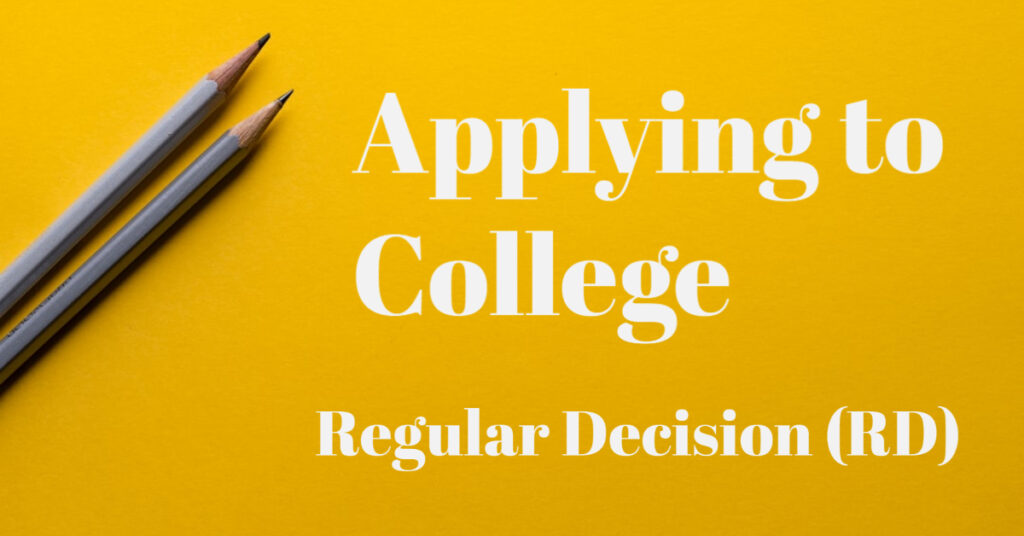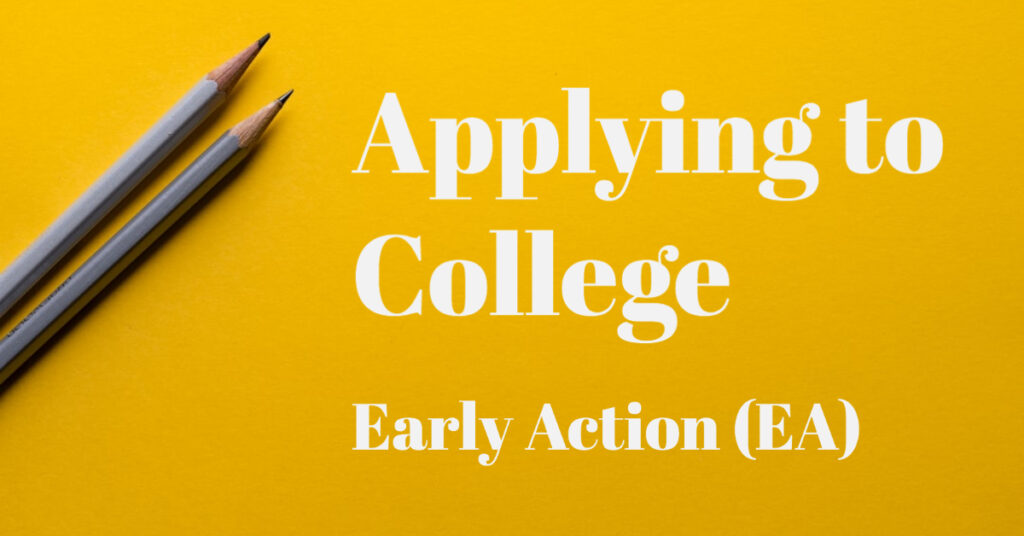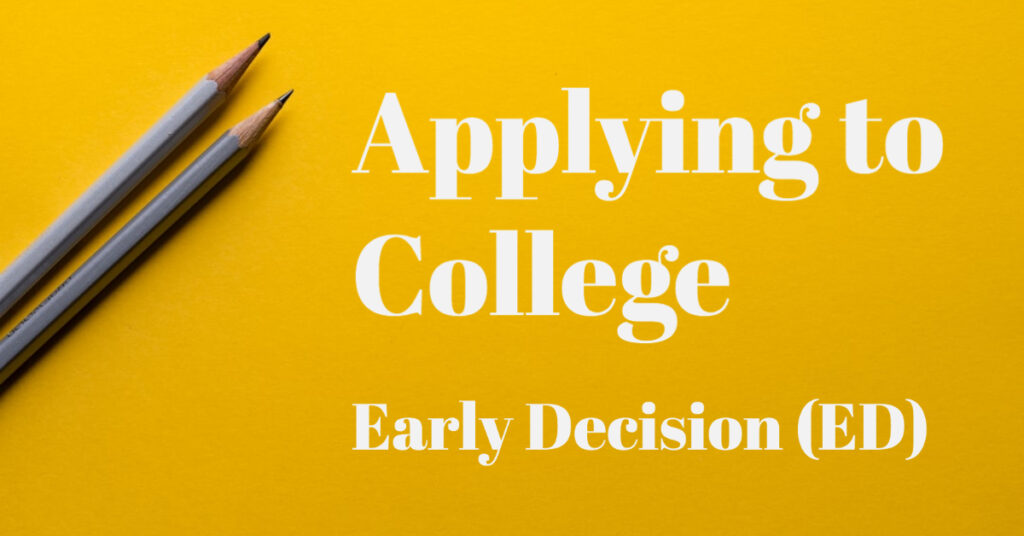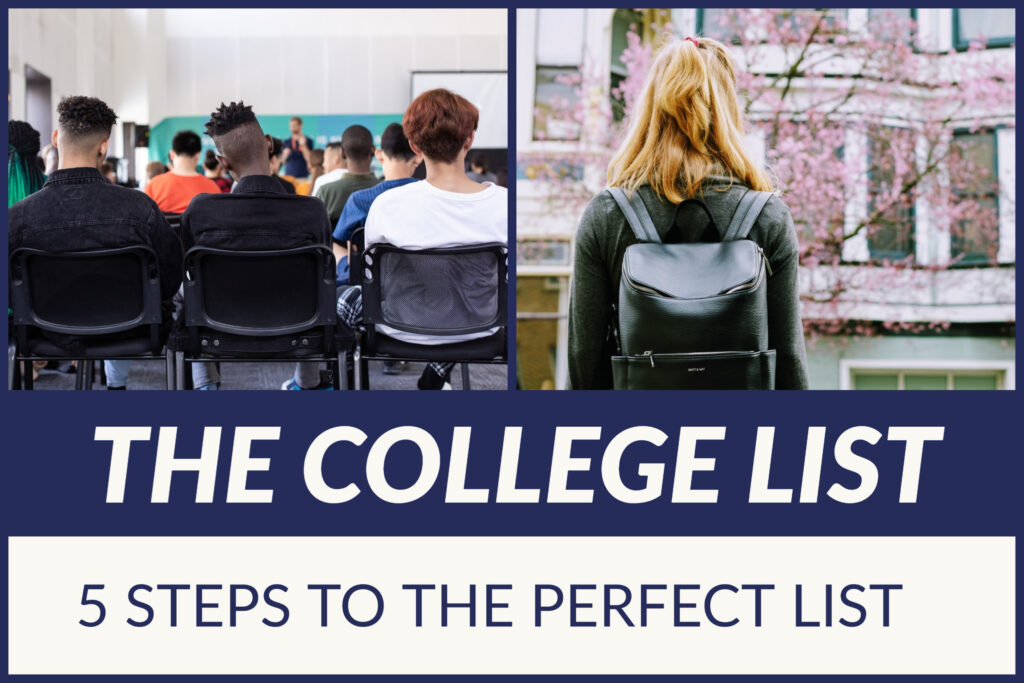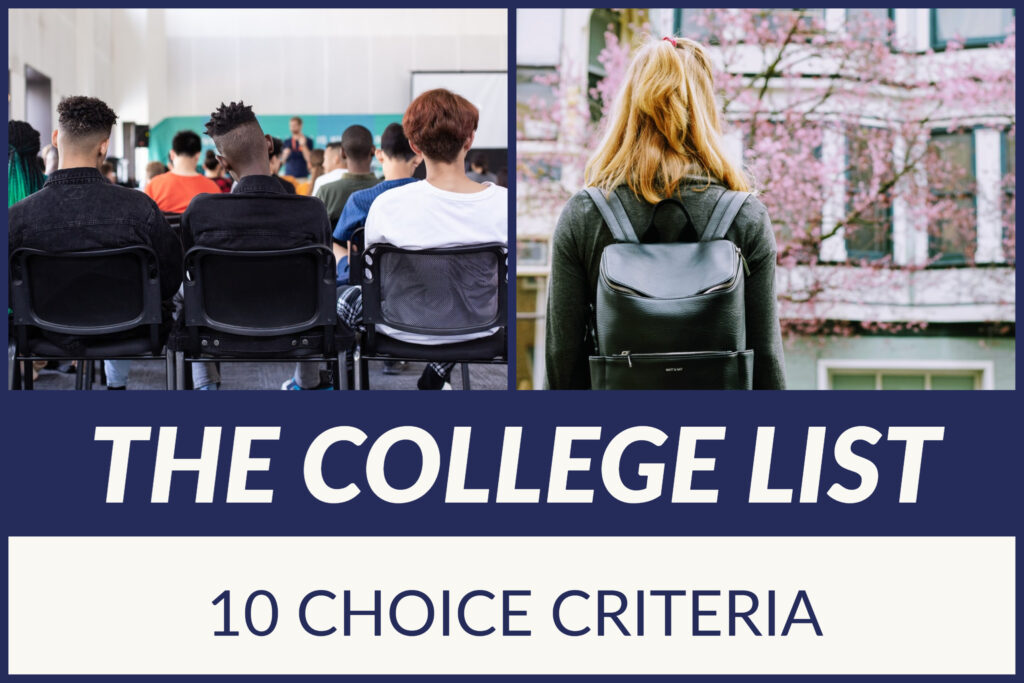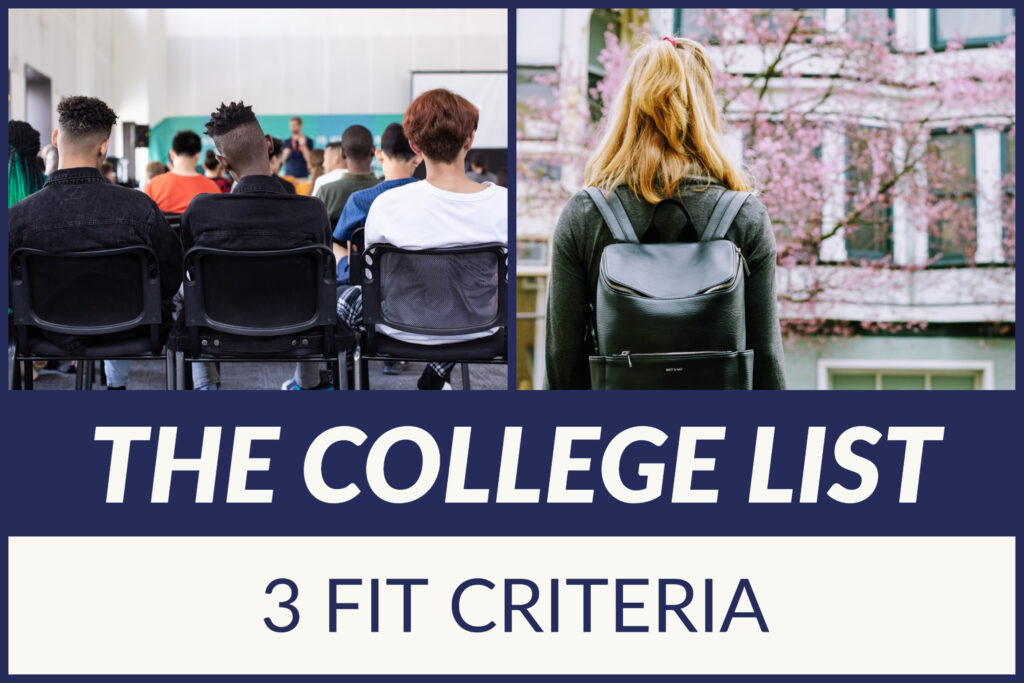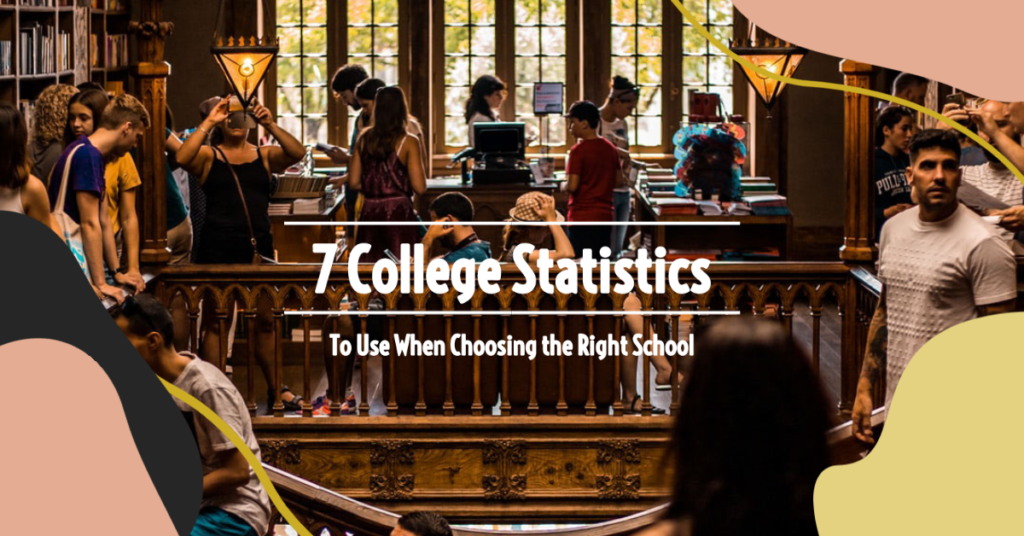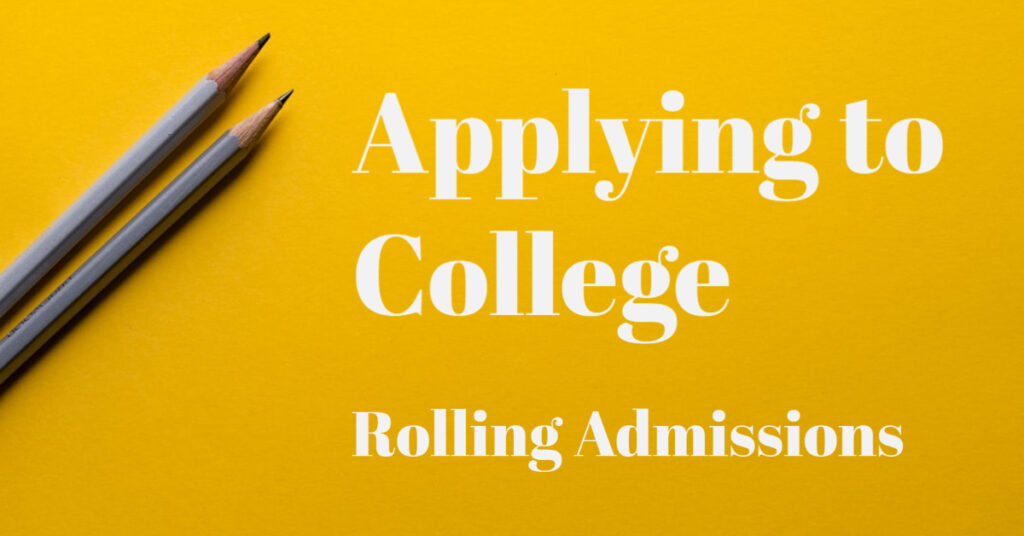
There are hundreds of colleges who are open to late applicants. There are also colleges who have a rolling admissions policy—apply anytime for admission.
In addition, The National Association for College Admission Counseling publishes their College Openings Update list in May after the decision deadline. Using the list, you can search for member colleges and universities- both public and private- that are still accepting applications.
What is rolling admissions?
Rolling admission is an application option that allows you to apply within a window of time. This window usually opens up in the fall, commonly September 1, and lasts through the spring, or until all spots in the upcoming class have been filled.
About 1/3 of National Universities – schools that offer bachelor’s, master’s and doctoral degrees and that typically produce influential academic research – offer rolling admissions.
A potential point of confusion for students is the priority application date set by most colleges that offer rolling admissions. While many undergraduate institutions recommend that prospective students submit their materials by the priority date to have the best chance of admission, unlike with a fixed deadline, applications will still be accepted after this time.
Apply Today & Don’t Delay
Because housing and financial aid are in limited quantities, it’s important for students to move fast. Once the college’s aid is dispersed, there is no money available. Once student housing is filled, colleges will only be accepting local applicants who can commute.
Even though space is available now, when it’s filled, it’s filled. Even those colleges with “rolling” admissions eventually fill their seats.
Check With Individual Colleges
After reviewing the list of openings, check online with each individual school to see if they are still accepting applications. If necessary, speak with an admissions officer and discuss what options are still available. Once you speak with admissions, talk to financial aid about any type of merit aid that could still be available.
Other Ways to Check Available Openings
Here are a few ways you can also check for available openings:
- You can look on the Common Application website, click on the Member Colleges tab at the top, search for colleges, and input the data regarding the deadlines. Choose Spring 2021 and Other 2021 and it will provide you with a list of colleges still accepting applications.
- You can also search on the Universal College Application site by clicking on the Fall 2020 link to find a list of colleges that are accepting late applications or have rolling admission policies.
- The College Board’s Big Future site allows you to do the same type of search but requires additional input to narrow down your search. Once your search is narrowed, you can click on the Application Deadline and see an extensive list of colleges with their deadlines posted. They are listed by date and start with January, so you will have to go to the end pages to find the schools with late deadlines and no deadlines.
- Check out this list from PrepScholar of colleges that have rolling admissions.

